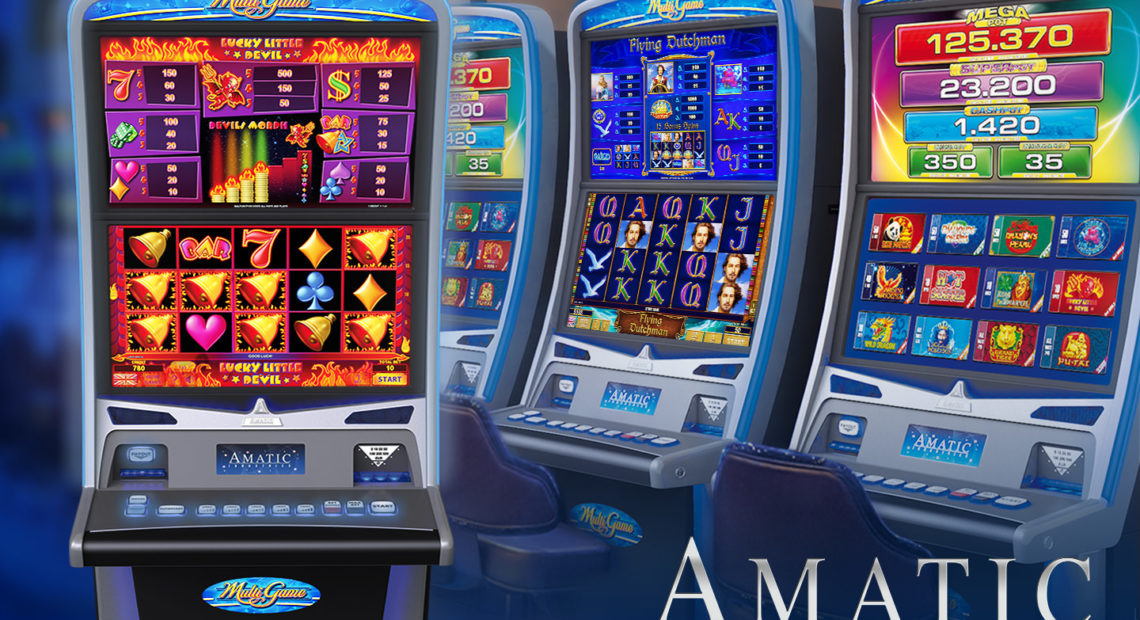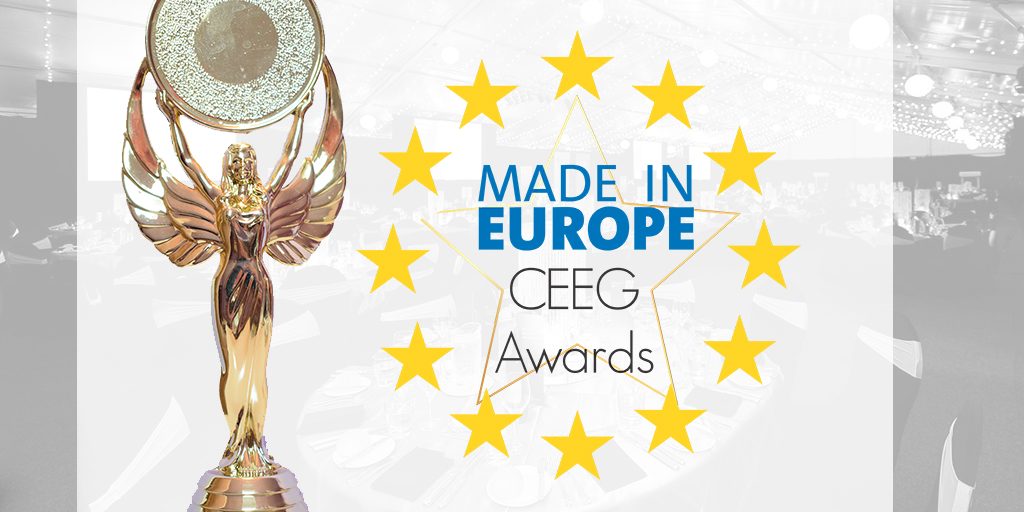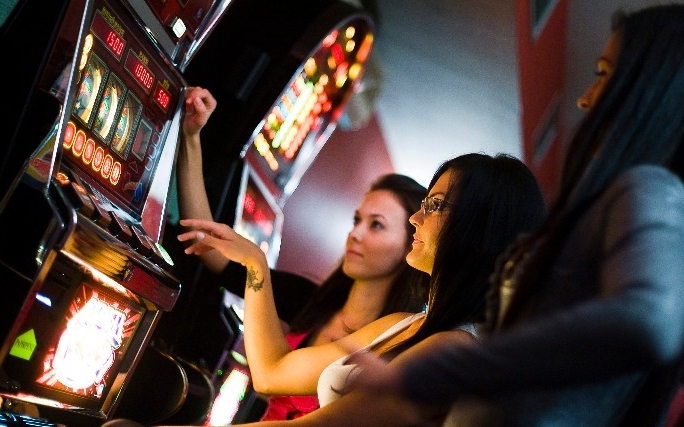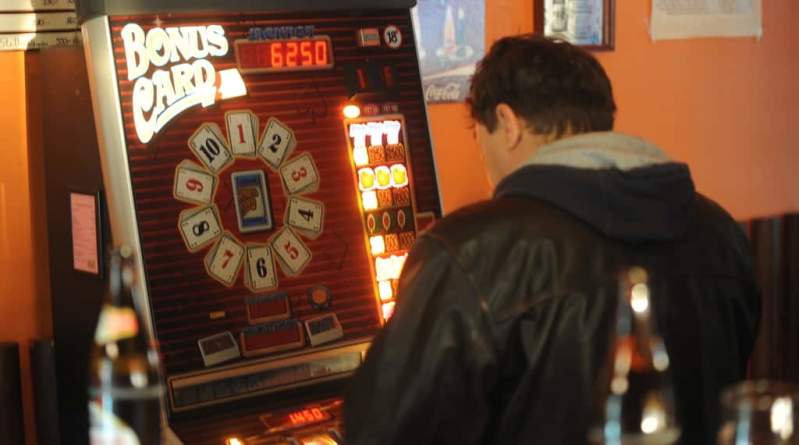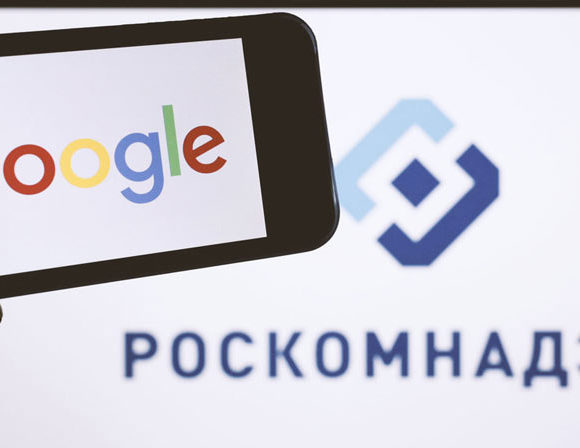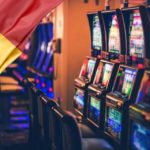The 2018 CEEG Awards Ceremony took place on the 25th of September at the Ritz-Carlton Budapest and was once again embedded in the official agenda of CEEGC Budapest.
HUNGARY
Artificial intelligence (AI) is changing the online gambling industry, mainly in the way it collects, analyses and handles user data. This will represent a milestone in the historic growth of gambling.
Proven land-based games are often the key to success in the online gaming market. They are instantly recognisable for many players who have had the opportunity to play them over time. Thus, they have built up a loyal customer base over the years.
The organizers of the Central and Eastern European Gaming Conference (CEEGC) are excited to announce that the Nomination Phase for the third edition of the CEEG Awards is open. Companies operating in Europe are asked to nominate their brands for the 15 categories that are available in 2018.
Nasdaq-listed industry technology provider, Scientific Games Corporation (SGC) has expanded its existing relationship with Hungary state-owned gambling operator Szerencsejáték Zrt, upgrading its full services portfolio.
The European Court of Justice (CJEU) has ruled that the Hungarian requirement to have an offline casino, in order to be sanctioned to offer online casino games, is a “clear violation of EU law.”
Máté Szabó, the Commissioner for Fundamental Rights, allegedly violated the right to property of entrepreneurs, the way in which gaming machines were banned, and the government’s procedure was contrary to the protection of legitimate expectations and the requirement that sufficient time for preparation should be provided when the legislation came into force to adapt
Recent Internet Survey: Most of the respondents still consider the gambling addiction as a bad habit. Yet one of the most serious addictions, those suffering from it, is isolated and can almost never find a way out alone.
Szabo Kelemen and Partners has successfully represented Berlington Hungary kft. and several other Hungarian gambling operators against the Hungarian State in their claims for damages caused by the Hungarian legislation, which, in 2012, banned the operation of slot machines in arcade halls without providing a transitionary period and without indemnification.




